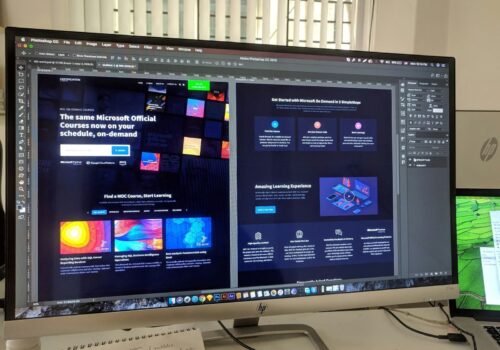What Does Dao Stand For? A Guide to the DAO Cryptocurrency
If you’re like most people, you’ve probably never heard of the DAO cryptocurrency. But with a market cap of over $1 billion, it’s definitely worth taking a look at! In this blog post, we will discuss what DAO stands for and provide a guide to the DAO cryptocurrency. We’ll also explore some of the pros and cons of investing in DAO. So if you’re curious about this digital currency, keep reading!
What is DAO and what does it stand for?
The DAO is a decentralized autonomous organization built on the Ethereum blockchain. It is essentially a decentralized venture capital fund that allows investors to pool their resources and vote on which projects to invest in. The DAO was launched in 2016 and quickly raised over $150 million from 11,000 investors. However, due to a security flaw, the DAO was hacked and lost $50 million worth of ETH. As a result, the Ethereum community hard-forked the blockchain to refund investors who lost money in the hack. Today, there are two versions of Ethereum: Ethereum (ETH) and Ethereum Classic (ETC).
What does DAO stand for? There are two possible interpretations: Decentralized Autonomous Organization or Distributed Autonomous Organization. Both interpretations are accurate, as the DAO is both decentralized and autonomous.
What are the pros and cons of investing in DAO?
There are a few things to consider before investing in DAO. First, because the DAO is built on the Ethereum blockchain, it is subject to Ethereum’s price movements. Second, the DAO is still a relatively new project and has yet to prove itself over time. And finally, because the DAO is decentralized, there is no one person or organization in charge of it. This could be seen as a good or bad thing, depending on your perspective.
Investing in DAO could be a high-risk, high-reward proposition. On the one hand, the DAO has a lot of potential. It’s a new way of organizing projects and funding them, and it has already raised a lot of money. On the other hand, because it’s so new, there’s also a lot of risk involved. Only time will tell whether the DAO is successful or not.
Pros:
-The DAO has a lot of potential
-It’s a new way of organizing projects and funding them
-It has already raised a lot of money
Cons:
-Because it’s so new, there’s also a lot of risk involved
-The DAO is subject to Ethereum’s price movements
Why should you invest in DAO?
Ultimately, the decision to invest in DAO is up to you. But if you’re looking for a high-risk, high-reward investment, DAO could be a good option. Just be sure to do your research before investing any money!
When it comes to cryptocurrency investments, there are a lot of options out there. So why should you invest in DAO? First, as we mentioned earlier, the DAO has a lot of potential. Second, because the DAO is built on the Ethereum blockchain, it is relatively stable (compared to other cryptocurrencies). And finally, because the DAO is decentralized, there is no one person or organization in charge of it. This could be seen as a good or bad thing, depending on your perspective.
Hacking is one of the risks associated with investing in DAO as it is decentralized and there is no one person or organization in charge of it. The value of your investment may also fluctuate due to Ethereum’s price movements. You should only invest what you are willing to lose.
How to get profit from DAO?
There are a few things to consider before investing in DAO. First, because the DAO is built on the Ethereum blockchain, it is subject to Ethereum’s price movements. Second, the DAO is still a relatively new project and has yet to prove itself over time. And finally, because the DAO is decentralized, there is no one person or organization in charge of it. This could be seen as a good or bad thing, depending on your perspective.
Conclusion
DAO is a high-risk, high-reward investment. It has the potential to offer investors a lot of upside, but it also comes with a fair share of risks. Before investing in DAO, be sure to do your research and only invest what you are willing to lose. Thanks for reading!




